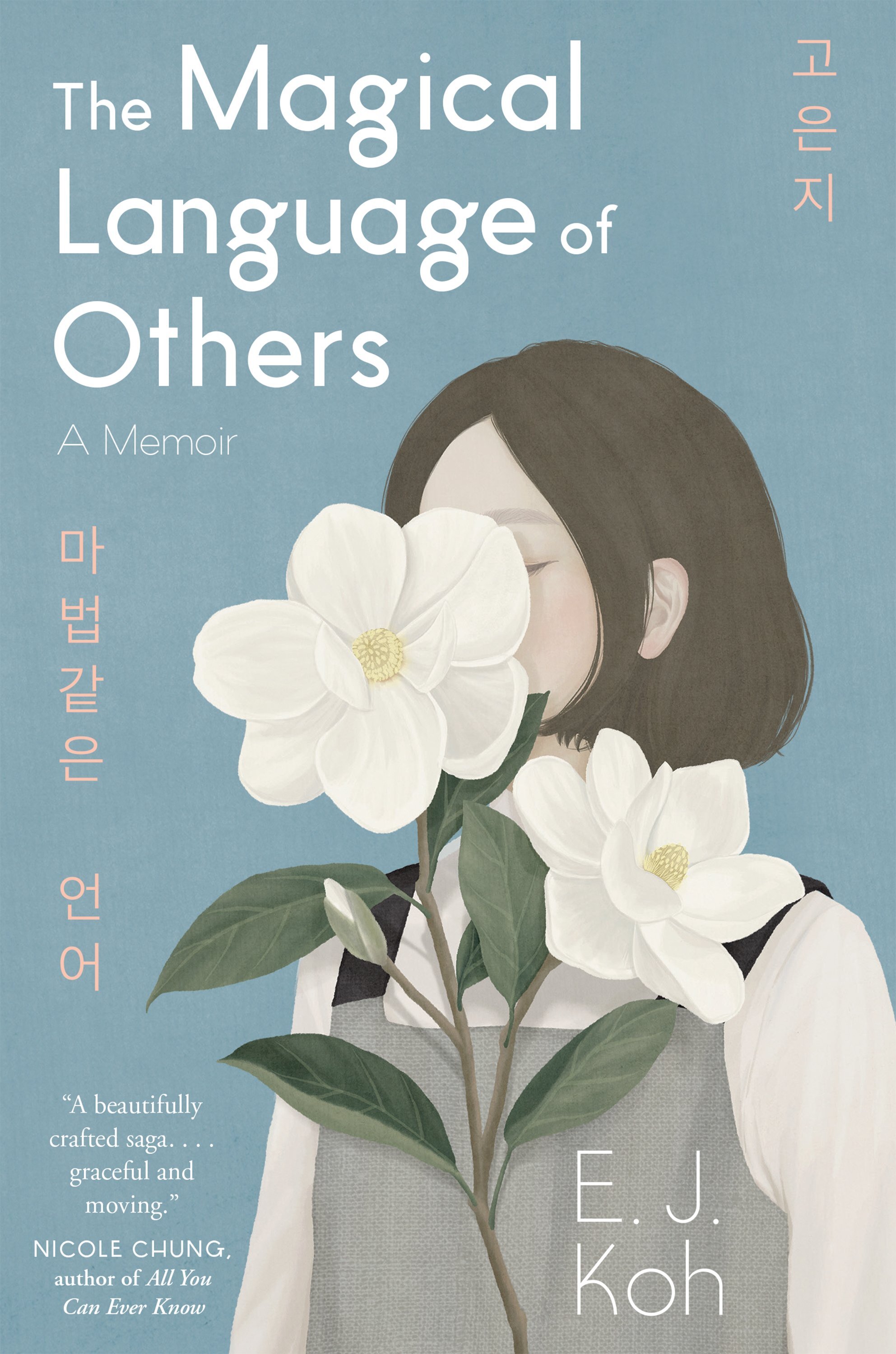10 Books to Read This Asian Pacific American Heritage Month
Abraham’s highly anticipated debut constructs a dialogue in which “every pronoun is a Free Palestine.” Through poems of immense emotion, and the use of alluring form, Abraham crafts work that examines what we come to own by existing. Birthright begs readers to stay, to stay lucid, to stay alive, to stay present in this very moment; as it knows now is all we are guaranteed. As trauma seeps through generations, can the body deconstruct its own inheritance? In a world that only takes, what is owed? What is your Birthright, and where is home?
Starling Days by Rowan Hisayo Buchanan
A gorgeously wrought novel, variously about love, mythology, mental illness, Japanese beer, and the times we need to seek out milder psychological climates, Rowan Hisayo Buchanan’s Starling Days—written in exquisite prose rich with lightly ironic empathy—is a complex and compelling work of fiction by a singularly gifted writer.
Cut to Bloom by Arhm Choi Wild
What does it take to unlearn the survival instinct of trauma? What does it take to choose our tools instead of wearing down the ones we’ve been handed? In Cut to Bloom, Arhm Choi Wild attempts to forge answers to these questions by navigating the hyphen, sometimes chasm, between the Asian and American identity, between queerness and the politics of belonging, between survival and the possibility of choice.
Kimiko Hahn’s tenth collection investigates the grip that seemingly insignificant objects exert on our lives. Itself a cabinet of curiosities, the collection provokes the same surprise, wonder, and pangs of recognition Hahn felt upon opening drawer after drawer of these swallowed, and retrieved, objects—a radiator key, a child’s perfect attendance pin, a mother-of-pearl button. The speaker of these moving poems sees reflections of these items in the heartbreaking detritus of her family home, and in her long-dead mother’s Japanese jewelry.
On the night of June Fourth, a woman gives birth in a Beijing hospital alone. Thus begins the unraveling of Su Lan, a brilliant physicist who until this moment has successfully erased her past, fighting what she calls the mind’s arrow of time. A story of migrations literal and emotional, spanning time, space and class, Little Gods is a sharp yet expansive exploration of the aftermath of unfulfilled dreams, an immigrant story in negative that grapples with our tenuous connections to memory, history, and self.
The Magical Language of Others by E.J. Koh
The Magical Language of Others is a powerful and aching love story in letters, from mother to daughter. After living in America for over a decade, Eun Ji Koh’s parents return to South Korea for work, leaving fifteen-year-old Eun Ji and her brother behind in California. Overnight, Eun Ji finds herself abandoned and adrift in a world made strange by her mother’s absence. Her mother writes letters, in Korean, over the years seeking forgiveness and love―letters Eun Ji cannot fully understand until she finds them years later hidden in a box.
Habitat Threshold by Craig Santos Perez
With Habitat Threshold, Craig Santos Perez has crafted a timely collection of eco-poetry that explores his ancestry as a native Pacific Islander, the ecological plight of his homeland, and his fears for the future. The book begins with the birth of the author’s daughter, capturing her growth and childlike awe at the wonders of nature. As it progresses, Perez confronts the impacts of environmental injustice, the ravages of global capitalism, toxic waste, animal extinction, water rights, human violence, mass migration, and climate change. Throughout, he mourns lost habitats and species, and confronts his fears for the future world his daughter will inherit.
A Nail the Evening Hangs On by Monica Sok
Monica Sok illuminates the experiences of Cambodian diaspora and reflects on America’s role in escalating the genocide in Cambodia. A Nail the Evening Hangs On travels from Phnom Penh to Siem Reap, where Tuol Sleng and other war museums reshape the imagination of a child of refugees; to New York City and Lancaster, where the dailiness of intergenerational trauma persists on the subway or among the cornfields of a small hometown. Embracing collective memory, both real and imagined, these poems move across time to break familial silence. Sok pieces together voices and fragments—using persona, myth, and imagination—in a transformative work that builds towards wholeness.
This Is One Way to Dance by Sejal Shah
In the linked essays that make up her debut collection, This Is One Way to Dance, Sejal Shah explores culture, language, family, and place. Throughout the collection, Shah reflects on what it means to make oneself visible and legible through writing in a country that struggles with race and maps her identity as an American, South Asian American, writer of color, and feminist. Shah asks and attempts to answer the question: How do you move in such a way that loss does not limit you? This Is One Way to Dance introduces a vital new voice to the conversation about race and belonging in America.
Shahr-e-jaanaan: The City of the Beloved by Adeeba Shahid Talukder
Shahr-e-jaanaan sets out to recreate the universe of Urdu and Persian poetic tradition. As the speaker maps her romances onto legends, directing their characters perform her own tragedy, their fantastical metaphors easily lend themselves to her fluctuating mental state. Cycling between delirious grandeur and wretched despair, she is torn between two selves— the pitiable lover continually rejected, and the cruel, unattainable beloved comparable in her exaltation to a god.
Read an interview with the author here!











